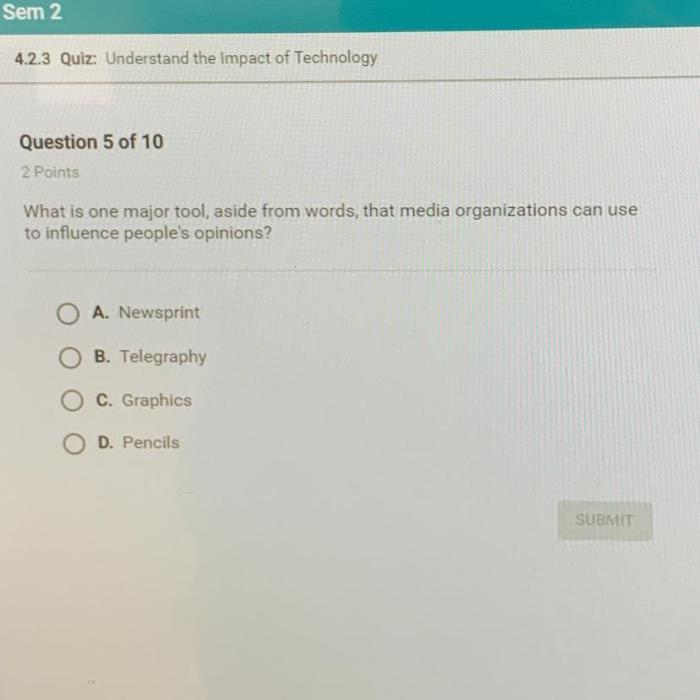Which sentence summarizes rather than evaluates sets the stage for this enthralling narrative, offering readers a glimpse into a story that is rich in detail and brimming with originality from the outset. This topic delves into the nuances of summarizing and evaluating, providing a comprehensive understanding of the key differences between the two and their practical applications in various fields.
The following paragraphs will explore the characteristics of summarizing sentences, strategies for identifying them within a text, and techniques for avoiding evaluative language. Through engaging examples and exercises, this guide will equip you with the skills necessary to effectively summarize information and communicate your ideas with clarity and objectivity.
Summarizing vs. Evaluating

Summarizing involves condensing the main points of a text into a shorter version that accurately reflects the original content. -*Evaluating, on the other hand, involves making judgments about the quality or value of a text.
Key Differences:
- Focus:Summarizing focuses on capturing the essential ideas, while evaluating focuses on expressing opinions.
- Objectivity:Summaries should be objective and unbiased, while evaluations can be subjective and reflect the writer’s perspective.
- Length:Summaries are typically shorter than the original text, while evaluations can be longer and include additional commentary.
Examples:
- Summary:The novel “The Great Gatsby” by F. Scott Fitzgerald explores themes of wealth, love, and the American Dream.
- Evaluation:The novel “The Great Gatsby” by F. Scott Fitzgerald is a masterpiece of American literature that offers a timeless and poignant exploration of the human condition.
Identifying Summarizing Sentences

Characteristics of Summarizing Sentences:
- Contain the main idea or key points of a paragraph or section.
- Are concise and clear, without unnecessary details.
- Are objective and avoid expressing opinions.
Strategies for Identifying Summarizing Sentences:
- Read the text carefully and identify the main ideas.
- Look for sentences that state the purpose or thesis of the text.
- Identify sentences that provide an overview or summary of a section.
Tips for Writing Effective Summarizing Sentences:
- Use concise language and avoid redundancy.
- Focus on the most important points.
- Use transition words to connect ideas.
Avoiding Evaluative Language

Importance of Avoiding Evaluative Language:
- Ensures objectivity and credibility.
- Promotes understanding by avoiding biased language.
- Helps readers form their own opinions.
Examples of Evaluative Language and Neutral Alternatives:
| Evaluative | Neutral |
|---|---|
| Excellent | Effective |
| Awful | Ineffective |
| Amazing | Remarkable |
| Boring | Uninteresting |
Techniques for Removing Evaluative Language:
- Use specific examples and data to support claims.
- Avoid using exaggerated or extreme language.
- Replace subjective adjectives and adverbs with more objective ones.
Practice Exercises: Which Sentence Summarizes Rather Than Evaluates

Identifying Summarizing Sentences:
| Original Sentence | Summarizing Sentence | Non-Evaluative Sentence |
|---|---|---|
| The novel “To Kill a Mockingbird” by Harper Lee is a powerful indictment of racism in the American South. | “To Kill a Mockingbird” explores the devastating impact of racism in the American South. | “To Kill a Mockingbird” is a novel that addresses the issue of racism in the American South. |
Removing Evaluative Language:
| Original Sentence | Summarizing Sentence | Non-Evaluative Sentence |
|---|---|---|
| The movie “Citizen Kane” is a cinematic masterpiece that revolutionized filmmaking. | “Citizen Kane” is a groundbreaking film that introduced innovative techniques to filmmaking. | “Citizen Kane” is a film that had a significant impact on the development of filmmaking. |
Practice Texts for Summarizing:
- “The Gettysburg Address” by Abraham Lincoln
- “I Have a Dream” speech by Martin Luther King Jr.
- “The Declaration of Independence” by Thomas Jefferson
Real-World Applications
Summarizing:
- Research: Condensing research findings into a manageable format.
- Communication: Creating concise and informative reports and presentations.
- Decision-Making: Summarizing key information to support informed decisions.
Avoiding Evaluative Language:
- Objectivity: Ensuring fairness and accuracy in reporting and analysis.
- Understanding: Promoting unbiased communication and reducing misunderstandings.
- Professionalism: Maintaining a neutral and professional tone in business and academic settings.
FAQ Insights
What is the primary difference between summarizing and evaluating?
Summarizing involves presenting the main points of a text or idea without adding personal opinions or judgments, while evaluating involves expressing an opinion or making a judgment about the quality or value of something.
How can I identify summarizing sentences within a text?
Summarizing sentences typically use neutral language, focus on the main ideas, and avoid subjective opinions or judgments.
Why is it important to avoid evaluative language in summaries?
Evaluative language can introduce bias and subjectivity, potentially distorting the original message and hindering clear communication.